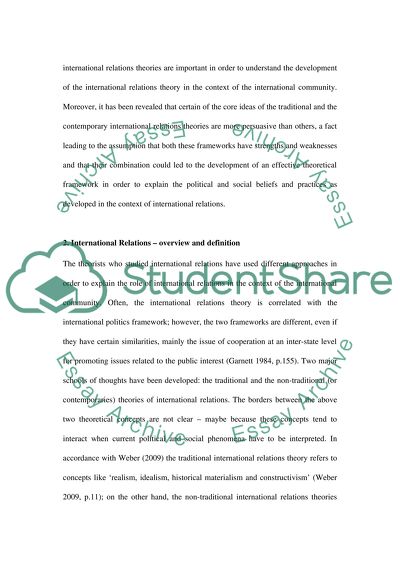Cite this document
(“International Relations Coursework Example | Topics and Well Written Essays - 2500 words”, n.d.)
Retrieved from https://studentshare.org/sociology/1412482-international-relations
Retrieved from https://studentshare.org/sociology/1412482-international-relations
(International Relations Coursework Example | Topics and Well Written Essays - 2500 Words)
https://studentshare.org/sociology/1412482-international-relations.
https://studentshare.org/sociology/1412482-international-relations.
“International Relations Coursework Example | Topics and Well Written Essays - 2500 Words”, n.d. https://studentshare.org/sociology/1412482-international-relations.


